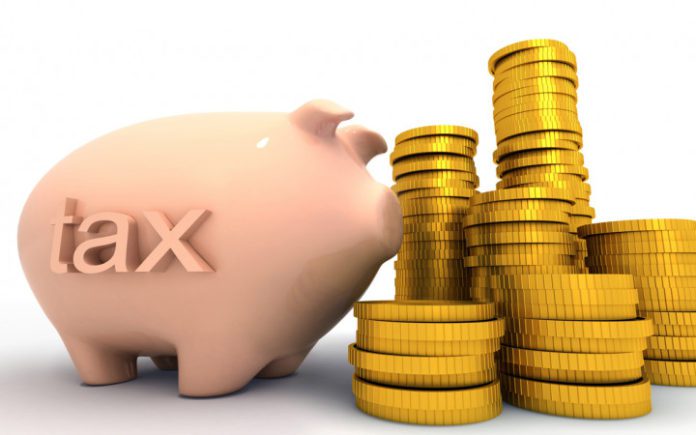Nigeria generated ₦1.15 trillion as non-oil revenue between January and August 2021, largely driven by the performance recorded in VAT collections in the review period. This is 15.7% above the prorated target of ₦992.62 billion set by the federal government.
Total revenue recorded during the period stood at ₦3.93 trillion, 27% lower than the targeted revenue.
This is according to data from the public presentation of the 2022 FGN budget proposal and 2021 budget implementation report, made by the minister of Finance, Budget and National Planning, Zainab Ahmed.
Read also: Affiliate Marketing – How To Get Started, (For Nigerians)
In the period under review, VAT collections stood at ₦235.77 billion, which is ₦76.8 billion higher than ₦158.95 billion prorated revenue target for the period under review.
In terms of company income taxes, a sum of ₦547.54 billion was generated in the same period, which is 20.5% above prorated figures and representing 80.3% achievement rate compared to an annual budget of ₦681.72 billion.
According to the Minister of Finance, oil revenue for the period under review is ₦754.16 billion and was below target. Thus, so far in the year 2021 oil revenue has only managed to account for 19.2% of the total federally collected revenue hugely underperforming by 43.7%.
Read also: Finance Minister says tax on carbonated drinks may increase
Speaking on the performance, the finance minister stated that “Although Nigeria’s total production capacity is 2.5 mbpd, current (year to date) crude production is about 1.4mbpd (slightly short of the OPEC+ production quota), and an additional 300,000bpd of condensates, totaling about 1.6mbpd.”
Meanwhile, as Nigeria continues to spend most of its revenue on debt servicing, spending a whopping 74% of its revenue in 2021, the World Bank President David Malpass on Monday to call for a “comprehensive plan” to deal with the issue.
“Sustainable debt levels are vital for economic recovery and poverty reduction,” he said.
Debt loads in low-income countries surged 12 percent to a record $860 billion in 2020 amid the pandemic.
In this light, to generate more revenue, Nigeria’s Finance Minister has stated that taxes may affect products like carbonated drinks.























